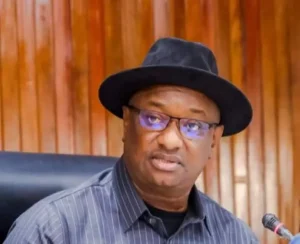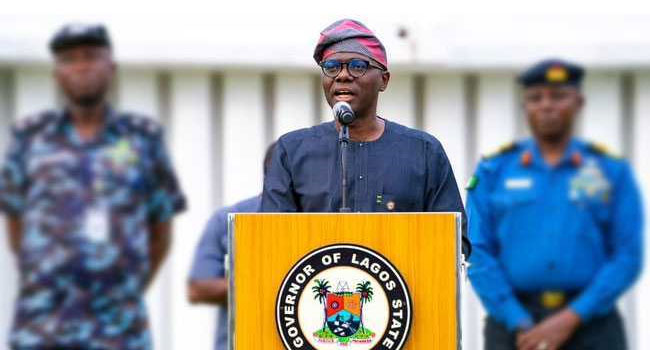Being a woman in a highly patriarchal country like Nigeria is no walk in the park and being a woman leader comes along with stigma, online bullying, insult and even threat, in some instances.
Over the years, women in Nigeria have been facing discrimination, social and economic inequality, misogyny and gender-based violence.
Furthermore, being a woman in Northern Nigeria comes with the aforementioned challenges; a diverse region with people from different groups, characterized by varying levels of development and different cultural orientation towards the concept of women’s rights.
Northern Nigeria has over the years gained some form of infamy in gender-unfriendly attitudes towards women, expressed through social and cultural beliefs and societal expectations of dos and don’ts of women.
In the same vein, humanitarian conflict for over a decade in the North-east has forced over 1.8 million people to flee their ancestral homes.
Before the insurgency, women’s role in the region was mostly restricted to cooking, cleaning, and washing, among other house chores. Challenging the status quo amid humanitarian crisis and defying all familiar gender norms are women running various leadership positions at grassroots, civil society organisations (CSOs), community based organisations (CBOs) and non-governmental organisations (NGOs) as founders, CEOs and executive directors. Influencing social change through idvocacy, campaigns, activism and engaging men through accountable practices.
However, taking leadership positions are not only educated women, they also include women who were forced to flee their homes and become internally displaced persons (IDPs) in Maiduguri, the Borno state capital.
In a conversation, Fatima Suleiman, 42, a widow with eight children in Sulimanti IDP camp in Maiduguri, said she lost her husband as a results of Boko Haram insurgency. Although the National Emergency Management Agency and other NGOs distribute food items but only intermittently, Fatima has to augment her living by working as a cook.
Beside women NGOs and women IDPs taking leadership role, women in civil service are not left out. Is Borno, the epicentre of Boko Haram insurgency, two critical government agencies responding to the humanitarian needs of the IDPs are headed by women. They are the State Emergency Management Agency (SEMA) and the Borno State Agency for Sustainable Development Goals and Coordination of Humanitarian Affairs.
However, the participation of women in the political arena in the region is quite low, and this particular circle is where decisions that have to do with society are made. For instance, in 2019, over 20 women vied for elective offices in Borno state. Sadly, only one was elected to the House of Representatives (Bama, Ngala and Kalabalge) while two of them were appointed as commissioners out of the 22 commissioners by Governor Umar Zulum and the Borno State House of Assembly has no woman among its 28 members. This is against the Women Peace and Security Agenda of 35% affirmative action of women of which Nigeria is a signatory. In a chat, some women lamented that lack of access to finance, online bullying, violence and discriminatory norms and exclusionary policies are some of the factors militating against women aspiring for elective offices in Borno state.
One of them mentioned Institutional mindsets as the most significant barrier and a major reason that people do not see more women at the top levels of appointed or elected leadership. Often, women are limited in their leadership growth and advancement.
“There are a lot of obstacles. There is poverty If you don’t have money, you can’t run. Another challenge is men have dominated the space. There is also lack of mentorship. There is no enabling environment for women by the political parties as most of them hold their meetings at midnight” she said.
Owing to the fact that our society is not being enlightened to elect the right people to leadership positions, there is the need for massive public awareness and sensitization in this regard.
Kabu writes from Maiduguri, Borno state.




